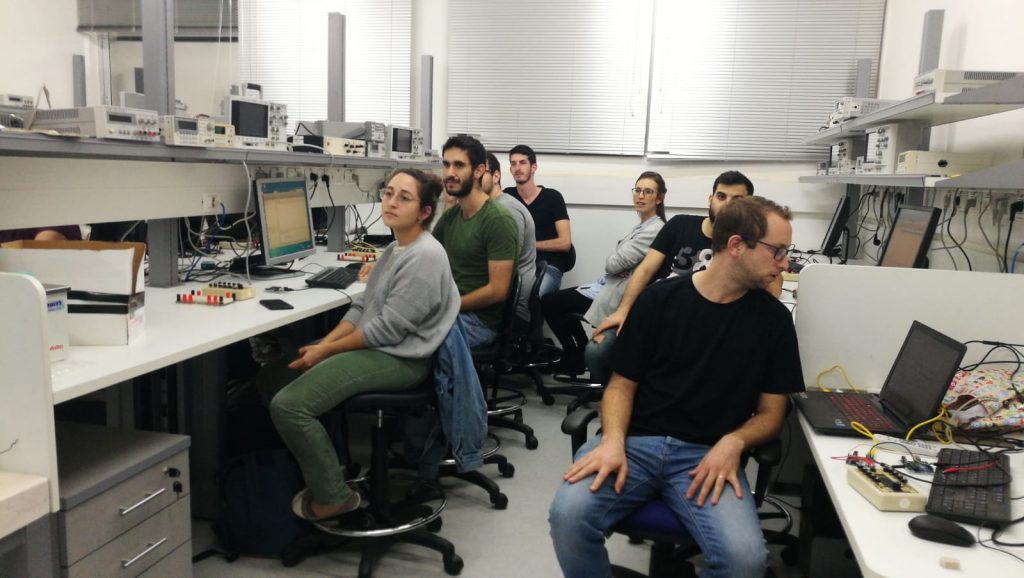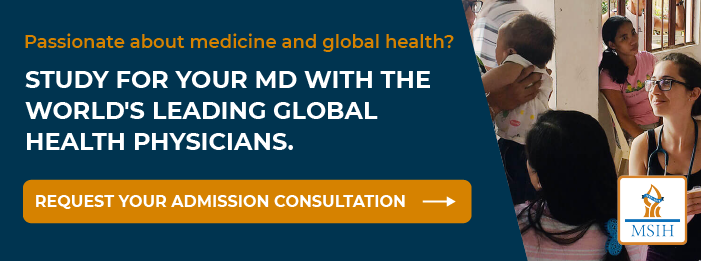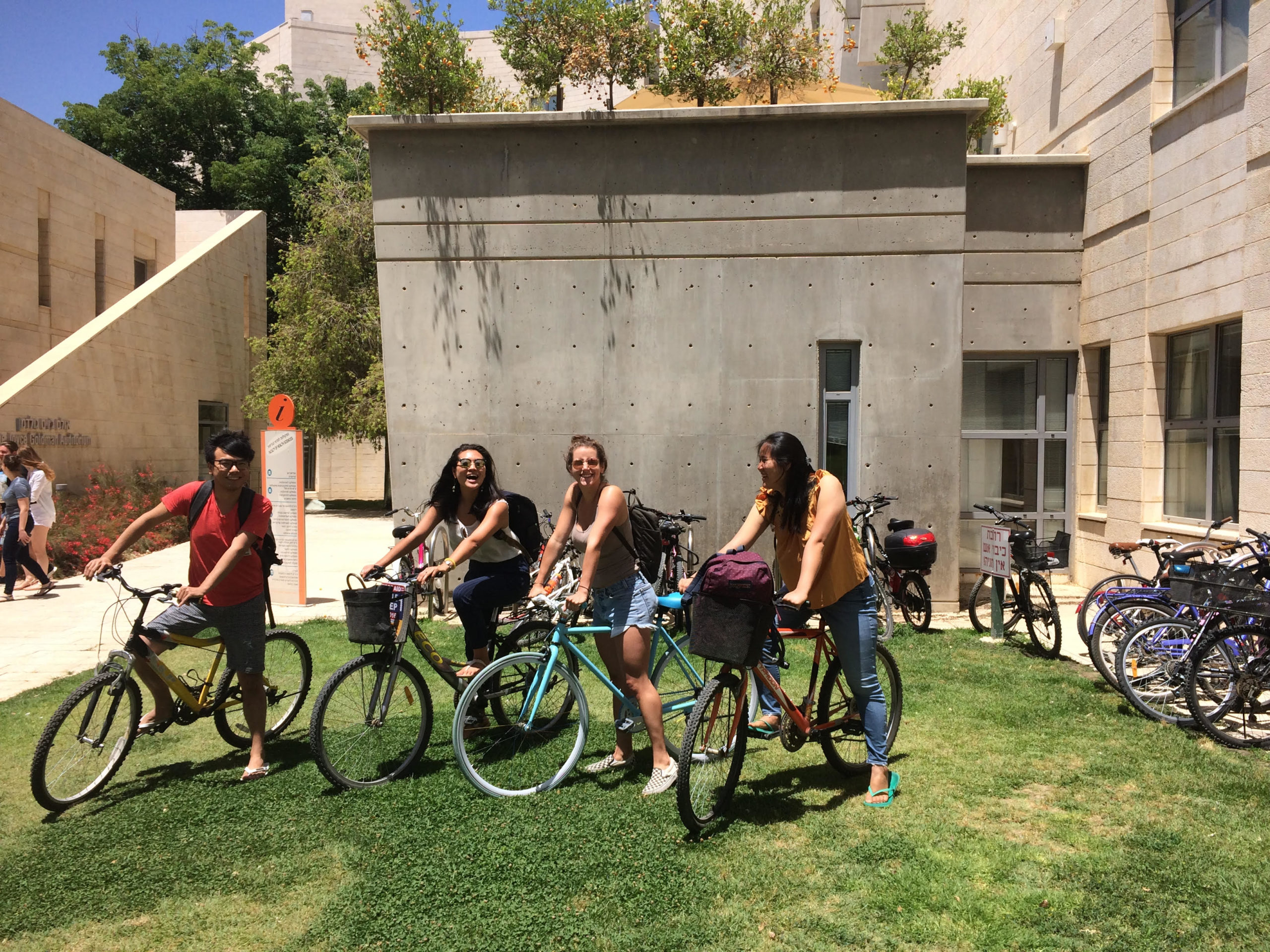From Medical Challenge to Engineered Solution
- A device for locating veins for intravenous insertion in dehydrated patients in Africa
- A system to remotely monitor whether TB patients in Sri Lanka have taken their critical medicine
- A method for automatically recording and collating spine curvature in patients in Ethiopia
- A syringe for self-administration of drugs by patients in remote areas
- Special shoes for sufferers of foot ulcers caused by diabetes in countries where insulin not easily accessible
These were the problems presented by students of MSIH in their first meeting with students of BGU’s Department of Biomedical Engineering in a new initiative to look for simple engineering solutions to medical problems faced in resource-scarce settings.
“Much of biomedical engineering is focused on modern medicine,” explains Mike Diamond, the initiator of the program. “But there are a huge number of other problems in low-income countries that fly under the radar because engineers don’t get to hear of them. Our intention is to bring the low-income problem to the engineers’ attention and to come up with simple, inexpensive and effective solutions.”
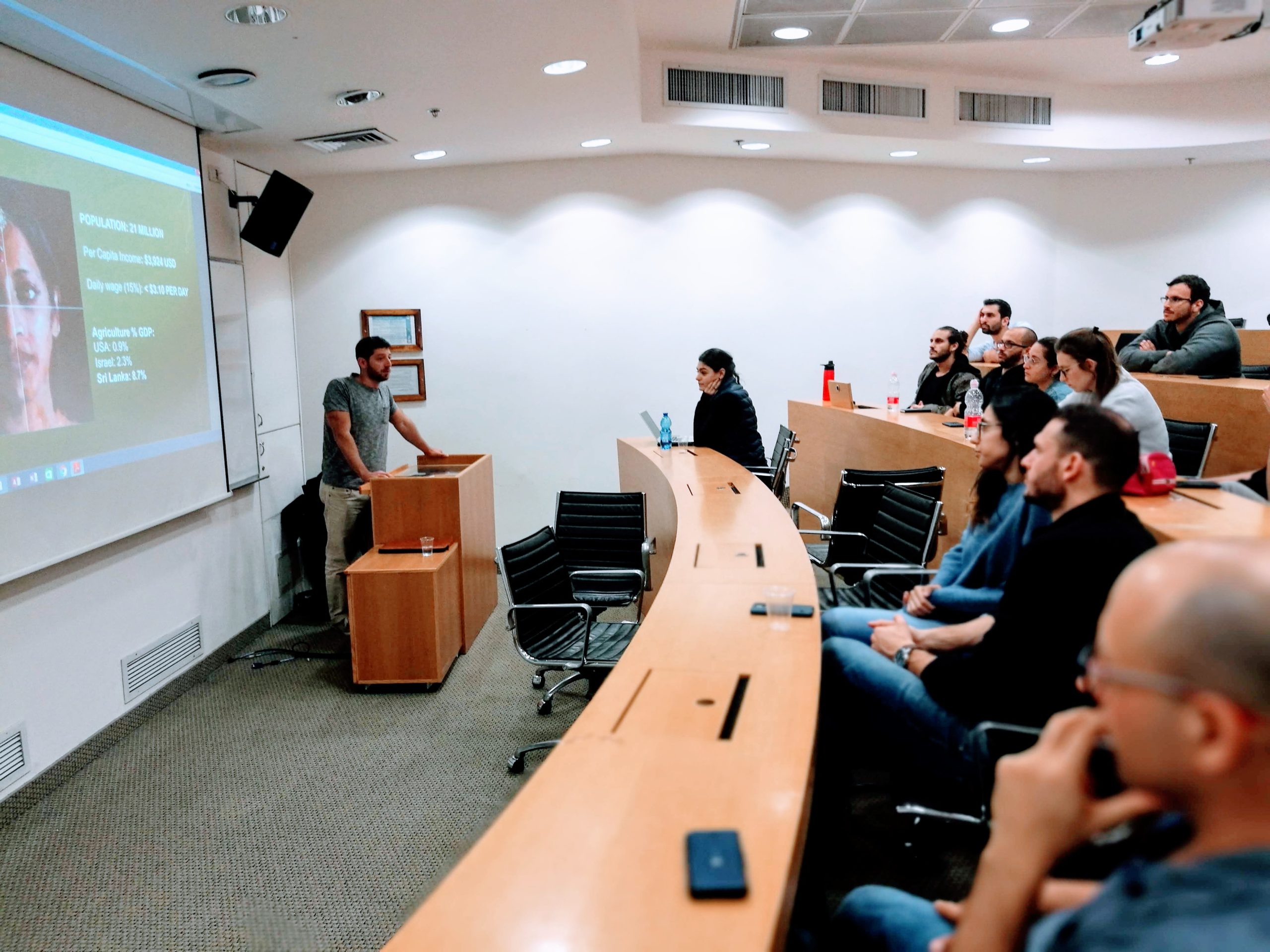
Seated in BGU’s Bengis Center for Entrepreneurship and Innovation, MSIH students presented a medical problem they’d become aware of during their studies or during work with international NGOs. About 30 Biomedical Engineering students attended and heard about things they’d never considered before. For example, few, if any, had considered that entire populations may have foot ulcers because of untreated diabetes.
“It was an amazing interaction,” said Dr. Noah Liel, head of MSIH’s 4th year international electives. “Many serious medical problems exist in low-income countries that could be solved – at least partially – by simple innovation. It was clear that both groups of students were fully engaged and I’m really looking forward to seeing the solutions they come up with.”
Having heard the problems presented by MSIH students, the students split into groups to discuss possible solutions. One MSIH student sat with a team of Biomedical Engineering students to explain the problem in more detail, providing not only the medical perspective, but the context of cultural norms and practical limitations.
“There’s no point in making a device with an electric pump if there’s no electricity in the region,” explained Diamond.
Building Prototypes
At the end of the discussions, the Medical Engineering students made a list of the materials they’ll need to build a prototype of their proposed solution. At the next planned meeting, they’ll try to build a model together.
“Ben-Gurion University is the perfect place to develop this initiative,” said Prof. Opher Donchin, Head of the Department of Biomedical Engineering. “First, we have an excellent Biomedical Engineering Department with incredibly motivated students. Second, MSIH brings unique knowledge of medical problems of low-income environments. And third, we’re based in “The Startup Nation,” where innovation and assisting the underprivileged runs in our blood.”
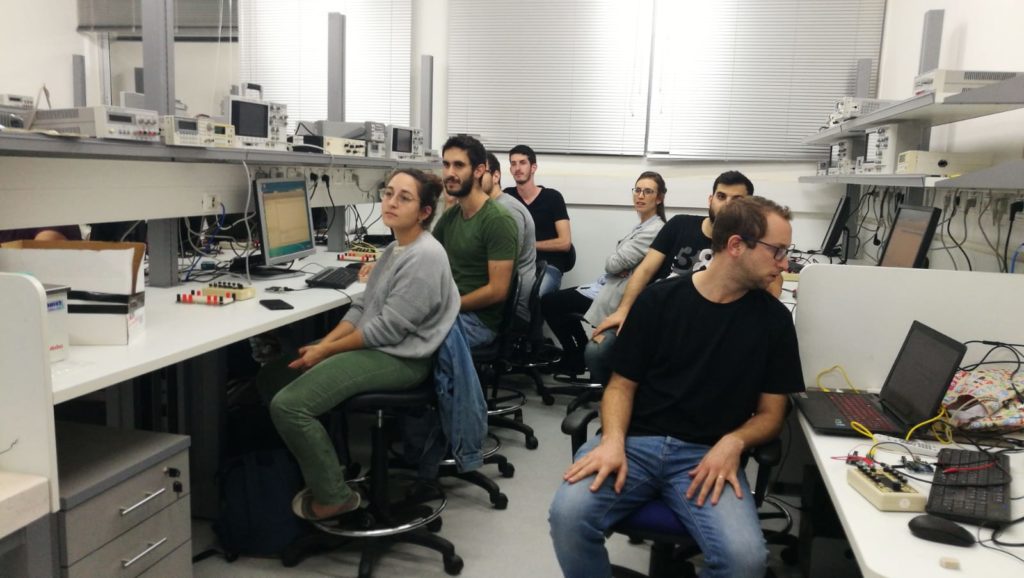
News of the initiative has already reached MSIH’s affiliated institution at Columbia University, where one of its faculty – the initiator of a medical program in Ethiopia – has volunteered to test and develop devices on-site.
Huge Potential
“Personally I think the program has huge potential,” explained Diamond. “All MSIH needs to do is explain the problem, and get the engineers to find a solution. Even if we can’t do it all ourselves, there’s an entire world of “open source” engineers and developers who could lend a hand.”
Part II of this project can be read here, and the final part, dated June 2019, is here.
If you’re interested in the MSIH new initiative to look for simple engineering solutions to medical problems faced in resource-scarce settings, learn more about MSIH by requesting an admissions consultation below.


